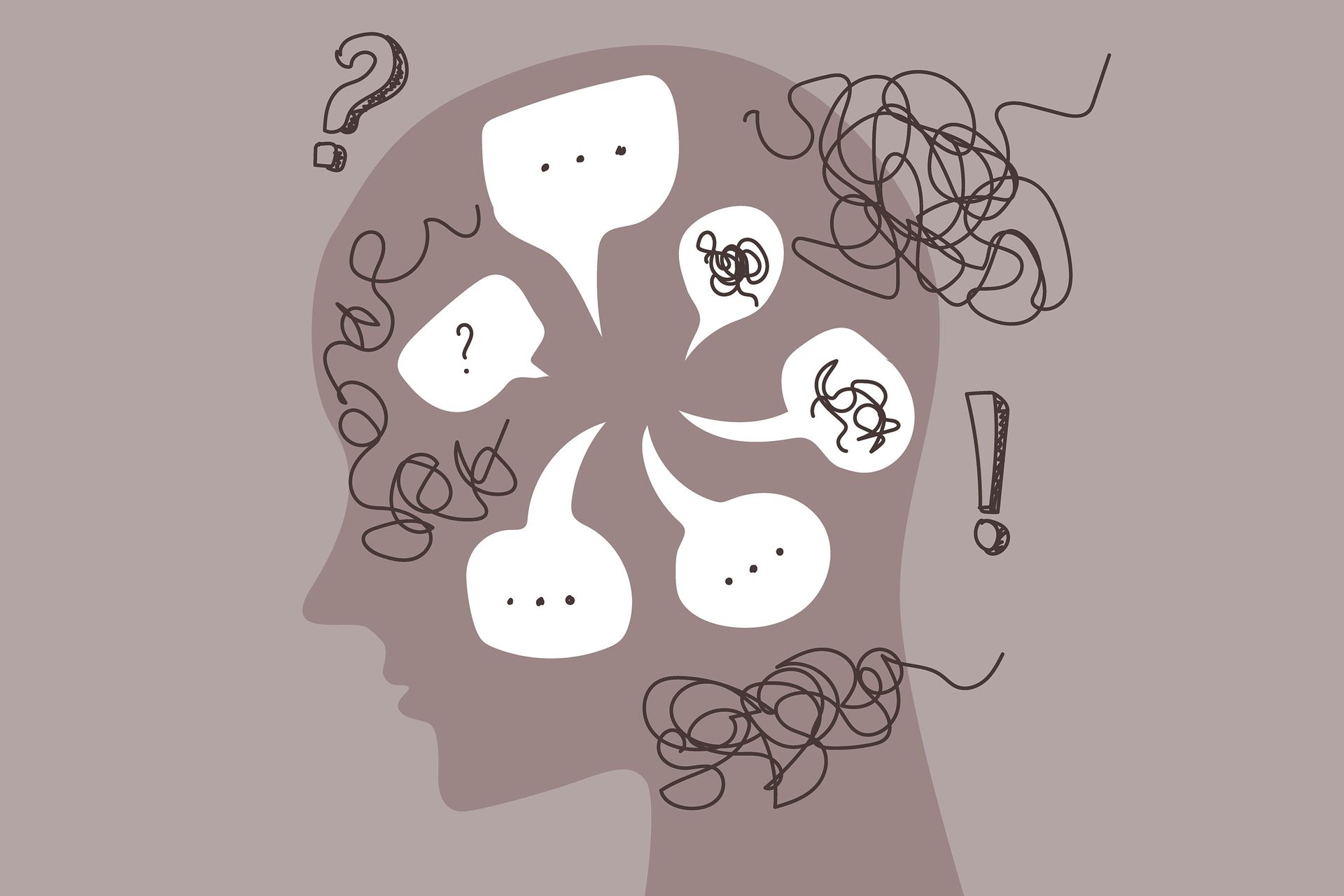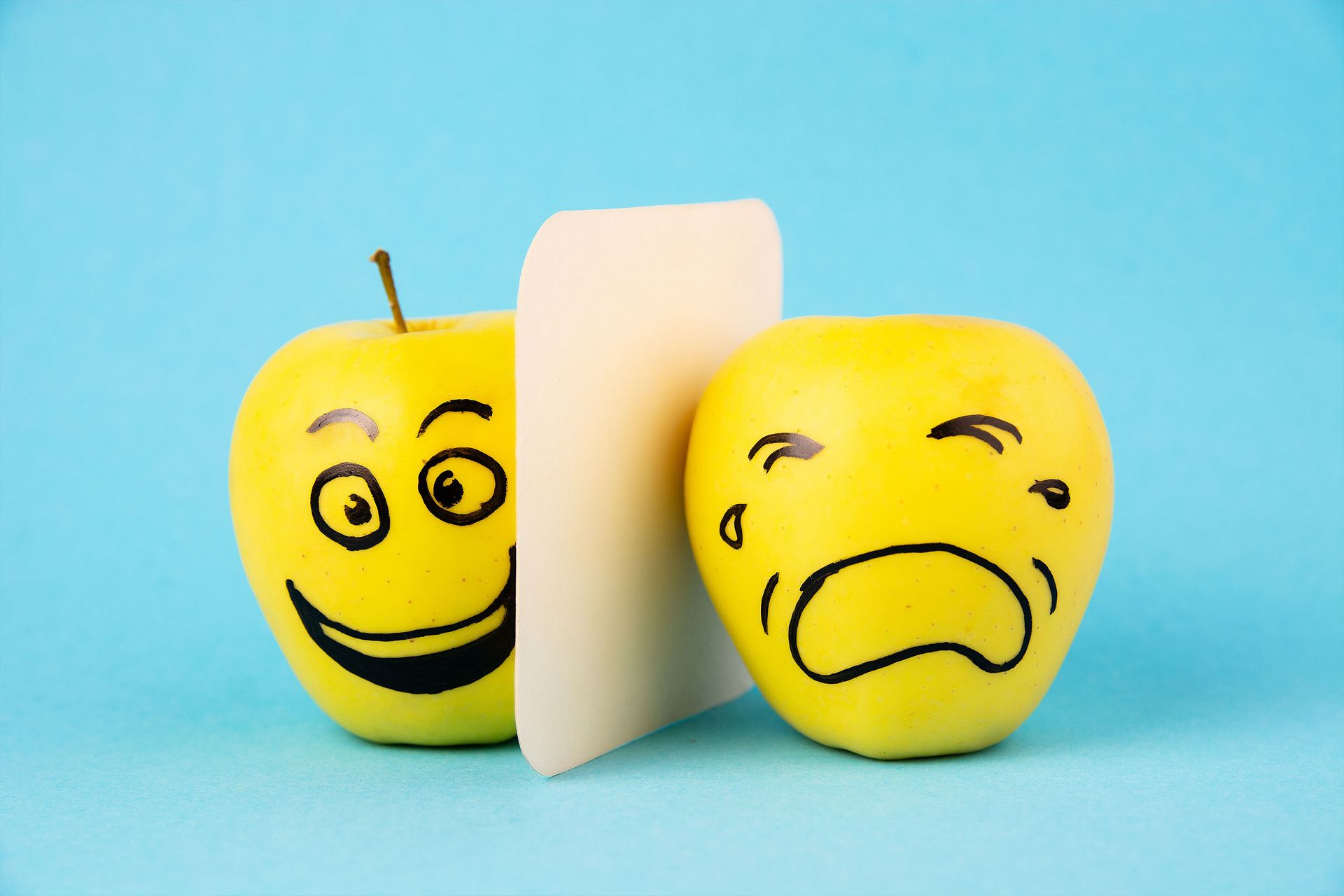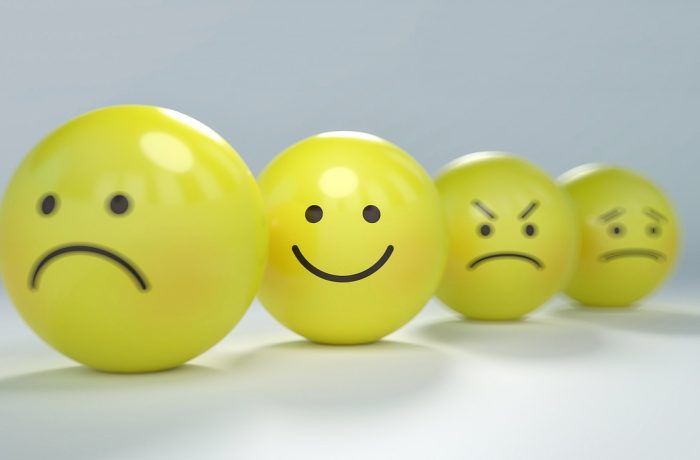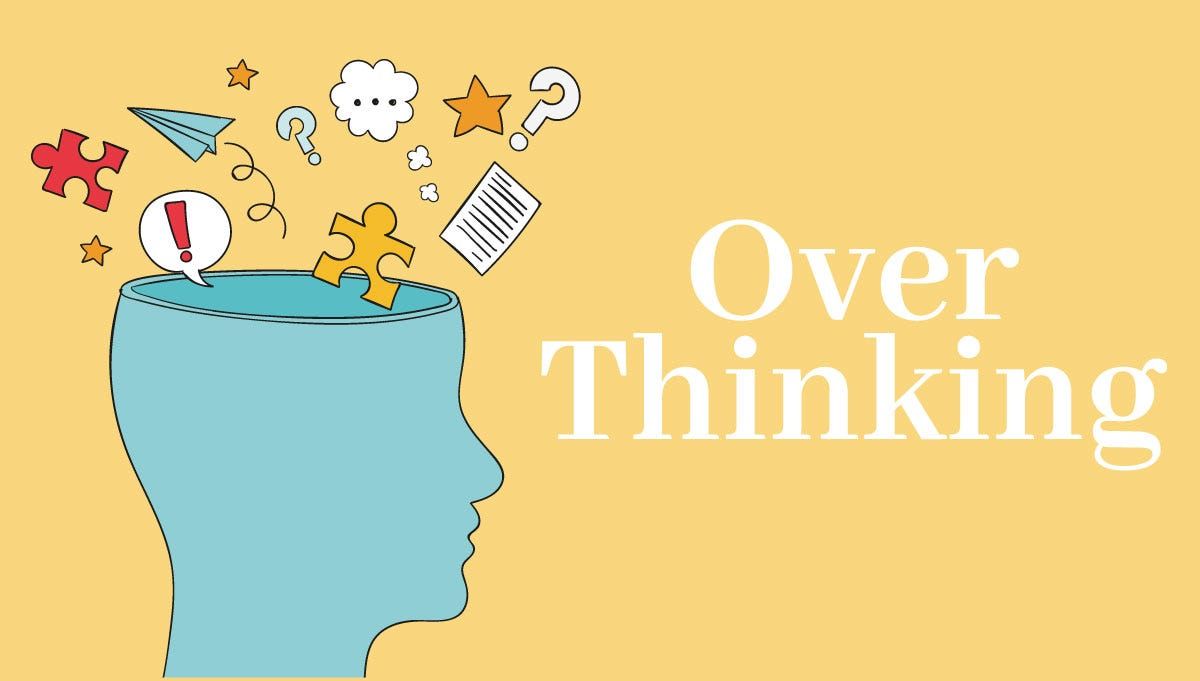Sports Fan Depression is Real

Coping with Sports Fan Depression
In the realm of sports, the emotional rollercoaster is a ride that every fan willingly boards. From the euphoria of victory to the despair of defeat, the emotional investment in one's favorite team can be intense. For many, sports aren't just a form of entertainment; they're a way of life, a source of passion, and a community. However, with the highs come the inevitable lows, and for some fans, these lows can lead to a very real phenomenon known as sports fan depression.
Understanding Sports Fan Depression
Sports fan depression isn't merely feeling disappointed after a loss or a bad season; it's a deeper, more profound sense of despair that can affect individuals on a personal level. Symptoms can range from feeling irritable, anxious, or sad after a loss to experiencing a sense of emptiness or purposelessness during the off-season. For die-hard fans, the emotional investment in their team can become intertwined with their sense of identity, making losses feel like personal failures.
The relentless cycle of hope and disappointment can take a toll on mental health, especially when combined with external factors such as social media, where fans are often subjected to ridicule or taunts from rival supporters. The pressure to constantly defend one's team or face backlash for expressing disappointment can exacerbate feelings of isolation and loneliness
Coping Strategies for Sports Fan Depression
While it's natural to feel down after a tough loss or a string of poor performances, it's essential to recognize when these feelings start to impact your overall well-being. Coping with sports fan depression requires a combination of self-awareness, perspective, and proactive strategies:
1. Acknowledge Your Feelings: It's okay to feel disappointed or upset when your team doesn't perform as expected. Recognizing and accepting your emotions is the first step towards dealing with them effectively.
2. Maintain Perspective:
Remember that sports are just games, and while they hold significance in your life, they don't define your worth as a person. Keep things in perspective and remind yourself that there are more important things in life than wins and losses.
3. Set Boundaries with Social Media: While social media can be a valuable tool for connecting with fellow fans, it can also be a breeding ground for negativity and toxicity. Limit your exposure to negative comments or discussions that only serve to exacerbate your feelings of despair.
4. Practice Self-Care: Engage in activities that bring you joy and fulfillment outside of sports. Whether it's spending time with loved ones, pursuing hobbies, or exercising, prioritize self-care to maintain a sense of balance in your life.
5. Focus on the Positives: Instead of dwelling on losses or disappointments, focus on the positive aspects of being a sports fan. Celebrate memorable victories, cherish moments of camaraderie with fellow fans, and appreciate the sheer joy that sports can bring, win or lose.
6. Seek Support: Don't hesitate to reach out to friends, family, or mental health professionals if you're struggling to cope with sports fan depression. Talking about your feelings with someone who understands can provide validation and perspective, helping you navigate through difficult times.
Sports fan depression is a real phenomenon that can impact individuals' mental health and well-being. While it's natural to experience ups and downs as a fan, it's essential to recognize when these feelings become overwhelming and take proactive steps to cope with them effectively. By acknowledging your emotions, maintaining perspective, practicing self-care, and seeking support when needed, you can navigate the emotional rollercoaster of being a sports fan with resilience and grace. Remember, win or lose, being a fan is about passion, camaraderie, and the love of the game.













